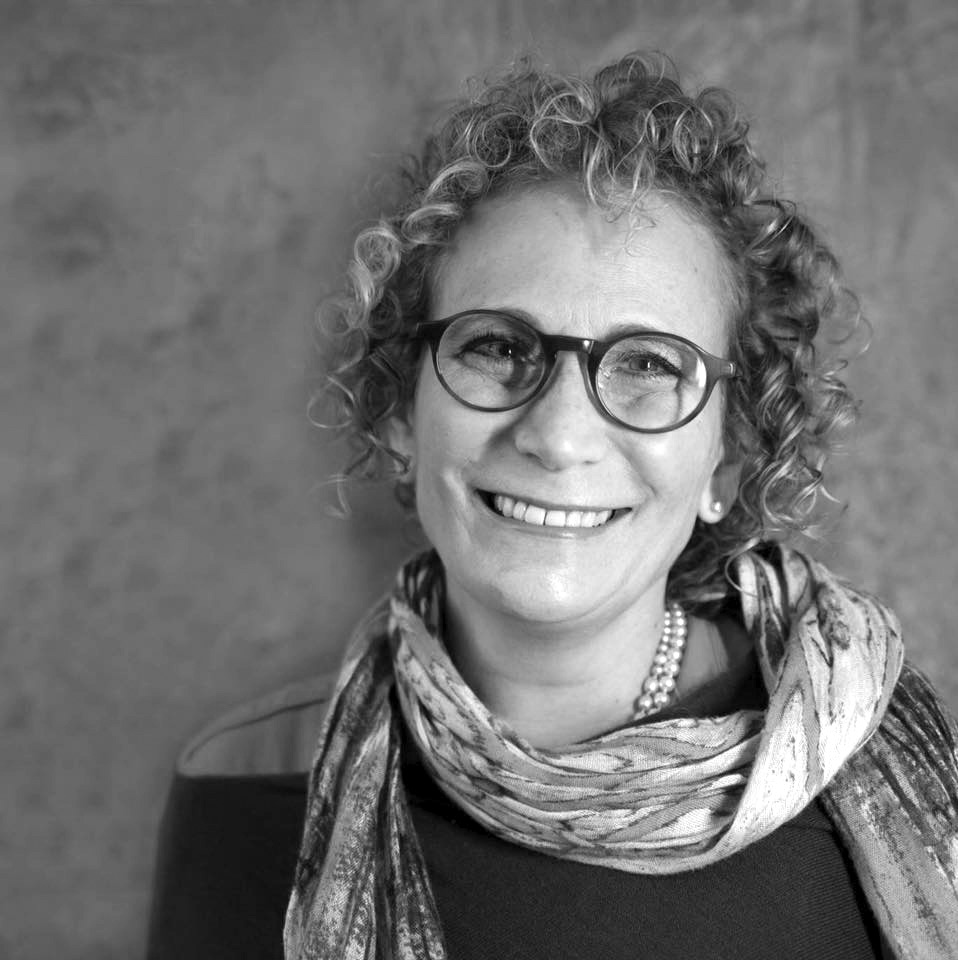
This is the second of six weekly columns by Rabbi Zimmerman leading up to Yom Kippur.
Last week, we talked about how essential it is for each of us to do our own soulwork during the month of Elul, preceding Rosh Hashanah. Now let’s look at the overarching theme of the High Holy Days — acknowledging our brokenness and seeking wholeness.
Several core stories in the Torah provide a metaphor for the journey we are challenged to make at this time of year. Prominent among them, the story of the Jewish people at Mount Sinai.
When God proclaims the Ten Commandments, all the people (kol ha’am) experience a connection with the Divine at the deepest level. The text depicts the encounter as a mystical union. Our sages likened it to a marriage ceremony in which the Jewish people say yes to a binding, intimate relationship with an invisible God that is all that is, ever was and will be.
But this radical notion of God as partner is too difficult for the people to maintain, and when Moses goes up on the mountain to receive the stone tablets and the entire Torah, the people lose connection with the unseen God. They fall back into old patterns. They build a golden calf.
Moses hears about the golden calf from God. After descending the mountain with the tablets and seeing the people’s worship of the idol, he throws the tablets to the ground, smashing them to pieces. The relationship is shattered.
In the forthcoming days until Rosh Hashanah, we have the opportunity to acknowledge what is broken in our lives.
To the rabbis, the golden calf represents a profound betrayal of the marriage vows the people made with God.
Moses decides he wants to repair the relationship and heads back up the mountain to plead with God to forgive the people. The beginning of his petitions happens on Rosh Chodesh Elul.
Let’s take this story forward into our own lives. The golden calf story is about us and the way we have become estranged from holiness and unity. It’s about losing connection and forgetting what our commitments are. We forget, we veer off, we pray at the altar of the quick and easy. We abandon the vows we have made to our own selves or to the people we care about. We forget what is truly important.
In the forthcoming days until Rosh Hashanah, we have the opportunity to acknowledge what is broken in our lives. In this month of Elul, the shofar blows each day and beckons us to search our past year (or lifetime) for what needs to be healed. We bear witness to the ruptures we have experienced and committed in our relationships, with our own selves, in our communities and with God.
Moses is successful in persuading God to forgive the people for their transgression with the golden calf. We hope that we, too, will be forgiven for how we have strayed.
And then a second set of tablets is given. When? On Yom Kippur! In the liturgy of Kol Nidre, we read these words that God spoke to us: salachti ki’devareicha (I forgive you, as you have asked).
You might think that after receiving a second set of tablets, the first, shattered set would be discarded. Who wants to retain the memory of betrayal?
But no, the rabbis tell us the broken tablets were kept in the same traveling ark (Mishkan) with the new, whole ones.
This is a profound teaching.
We carry our brokenness with us — not as a reminder of where we went wrong or what has befallen us, but with the knowledge that this, too, has shaped us. Also, not everything that is broken can be fixed. Some relationships are unhealthy, and it is a betrayal to our best selves to stay in them.
So, with that as preamble, here are the Elul journal questions for this week:
- Where have there been betrayals this year (even self-betrayals)?
- What basic commitments have we forgotten?
- In what ways have we veered off the path?
- What has been shattered this year?
- How have we been complicit?
- What needs healing?
- Next week, we will continue our journey toward healing and wholeness.
Rabbi Jill Berkson Zimmerman is a rabbi-at-large. She can be found online at ravjill.com





















 More news and opinions than at a Shabbat dinner, right in your inbox.
More news and opinions than at a Shabbat dinner, right in your inbox.